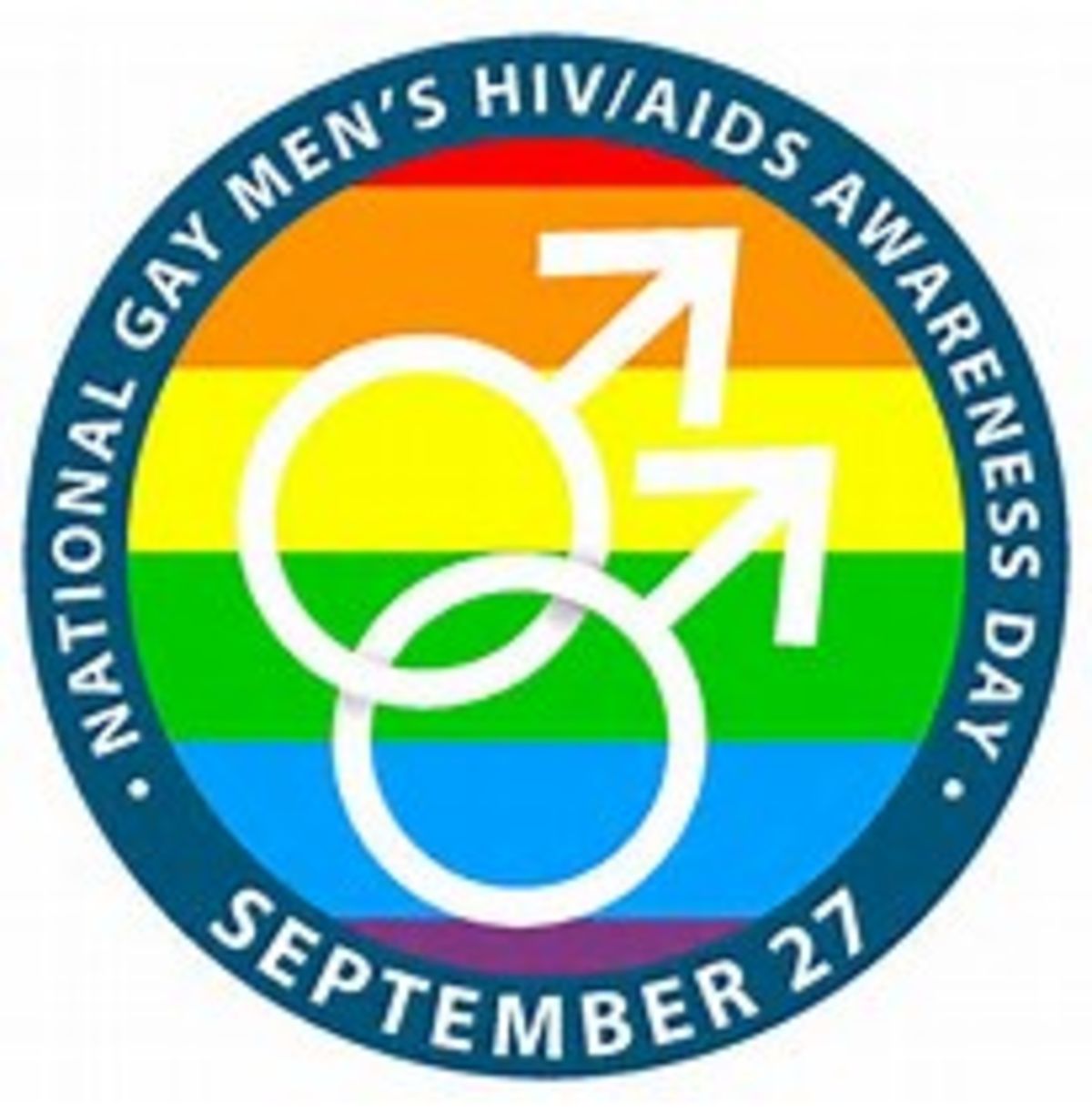Source:- psychologytoday.com
Let’s talk about drugs—specifically, drugs that keep HIV-positive gay men like me “undetectable,” and the drugs used in PrEP (pre-exposure prophylaxis) that, when taken daily, can prevent HIV-negative gay men (and others) from becoming infected.
That’s essentially the theme for this year’s Gay men’s HIV/AIDS Awareness day —today, September 27—“The Conversation About HIV Is Changing: Talk Undetectable. Talk PrEP.”
But if we only talk about drugs to prevent and treat HIV, and don’t talk about the trauma behind gay men’s high-risk sexual and drug-use choices, we’ll see that same trauma continue to play out in our disproportionately high rates of crystal meth abuse, alcoholism, and other potentially harmful sexually transmitted infections besides HIV.
There is no question that today’s HIV drugs have dramatically changed the conversation about HIV. From the terrible illness and death that almost inevitably followed a positive HIV test 30 years ago, those of us living with the virus today can expect to live a virtually normal lifespan —so long as we adhere to treatment.
There’s a movement with the slogan “U = U” to emphasize the momentous shift in thinking about what it “means” to have HIV because of studies demonstrating that those of us living with HIV who keep our virus suppressed cannot infect someone else.
Knowing we don’t put our partners at risk is a huge relief. Educating those who don’t have HIV to understand this fact should help ease the stigma that too many still attach to HIV. If there’s nothing to be afraid of from an HIV-positive person, there likewise should be no reason to rule out sex play or a relationship with that person—or to treat him like a pariah.
Steve Gibson, the founder in 2003 of San Francisco’s gay men’s sexual health clinic Magnet—in 2016, it was blended into Strut, on Castro Street, the city’s one-stop-shop for gay men’s health and well-being—told me in an interview for my book Stonewall Strong that PrEP is transforming how gay men relate to one another across what has often been called the HIV “viral divide.”
“What we’re seeing in San Francisco now,” said Gibson, “is very good public health attempts to encourage disclosure around serostatus. For the first time in my 25 years in public health, the conversation is changing around how positive and negative gay men are talking to each other about terms like ‘clean’ and ‘dirty’ and the stigma we internalized as a community. We know that viral suppression is highly effective and that PrEP is highly effective. So we can have a conversation about our desires.”
That’s a part of the conversation we really need to have if we are serious about supporting gay men’s health. As important as the HIV drugs are, this conversation has to be about more than providing drugs to prevent or treat HIV. In fact it goes well beyond HIV.
We need a conversation about the extraordinary traumas of gay men’s lives beginning when we first become aware of being “different.” We need to talk about the damaged self esteem that leads so many of us to engage in risky sex or medicate our lonoliness and psychic pain with alcohol and other substances.
